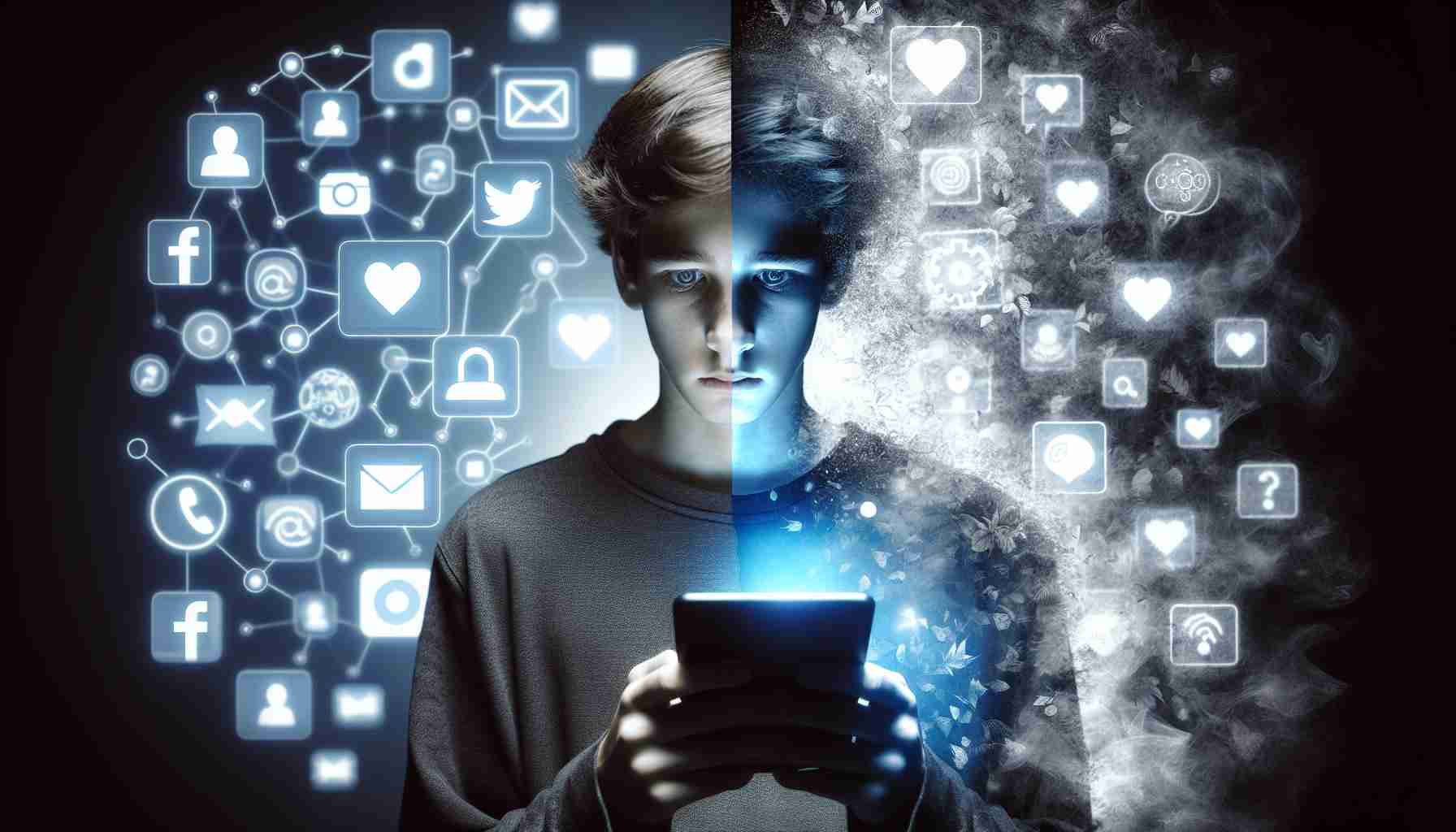In recent years, the omnipresence of social media platforms has raised significant concerns regarding their effects on the mental health of young individuals. These platforms, while fostering connectivity and community among users, have been linked to rising levels of anxiety, depression, and self-esteem issues among adolescents.
The digital landscape offers a double-edged sword; teenagers can find support and express themselves creatively, yet they are often subjected to unrealistic standards perpetuated by curated online lives. Research indicates that excessive usage, particularly passive scrolling through feeds, can exacerbate feelings of inadequacy and loneliness. Young users frequently compare themselves to the polished images and lifestyles they see online, which can lead to detrimental self-perception.
Furthermore, the desire for likes, shares, and validation can result in an excessive focus on online approval, overshadowing real-life relationships. Experts recommend promoting digital literacy among youth to navigate social media critically, emphasizing the importance of taking intentional breaks and engaging in offline activities that boost well-being.
As society becomes increasingly aware of these challenges, discussions surrounding the responsibility of social media companies and the implementation of protective measures for young users are gaining momentum. Understanding the intricate relationship between social media and youth mental health will be crucial for fostering healthier online environments and empowering teenagers to thrive both online and in their daily lives.
The Social Media Industry Landscape
The social media industry has escalated into a multi-trillion-dollar global market, characterized by rapid innovation and intense competition among platforms. Major players such as Facebook, Instagram, Twitter, TikTok, and Snapchat have revolutionized the way individuals connect, share, and consume information. This industry thrives on user engagement and data-driven advertising, which has garnered the attention of marketers aiming to target specific demographics, including adolescents.
Market Forecasts
Market analysts anticipate that the growth trajectory of the social media sector will continue to rise, with projections indicating an increase in global social media users exceeding 4.9 billion by 2025. The industry is expected to evolve with advancements in technology and user preferences, including the integration of augmented reality (AR) and virtual reality (VR) features. According to various market research reports, the global social media market is forecasted to grow at a compound annual growth rate (CAGR) of around 25% over the next five years, emphasizing the increasing importance of social media in daily life.
Issues Related to Mental Health in the Youth Demographic
Despite the promising market outlook, the intersection of social media usage and mental health remains a pressing concern. Studies have shown that heavy social media use can intensify feelings of social anxiety, especially among adolescents. The phenomenon known as “social media fatigue,” characterized by burnout from constant connectivity, has become an issue worth addressing. Furthermore, the lack of regulation around content, as well as the prevalence of cyberbullying, presents significant hurdles for safeguarding the mental well-being of young users.
As public awareness grows, calls for regulatory policies have intensified, urging social media platforms to adopt stricter guidelines to prevent exploitation of vulnerable age groups. Various initiatives, including parental controls and better reporting mechanisms for harmful content, are being discussed to mitigate negative psychological impacts. Advocacy groups are pushing for more resources to educate both parents and youths regarding safe social media practices and mental health awareness.
To address these challenges, technology companies are also investing in mental health resources. Collaborative efforts between mental health organizations and social media platforms aim to provide users with tools to identify and mitigate negative experiences online. However, balancing user engagement with mental health considerations remains a difficult challenge in this fast-paced industry.
For more insights on social media and its effects on mental health, you can visit American Psychiatric Association or to learn about the latest in digital wellness initiatives, see Common Sense Media.
Understanding the underlying dynamics of social media’s impact on mental health is essential in promoting a healthier online ecosystem, ensuring that adolescents can engage positively with their peers and maintain their mental well-being.







